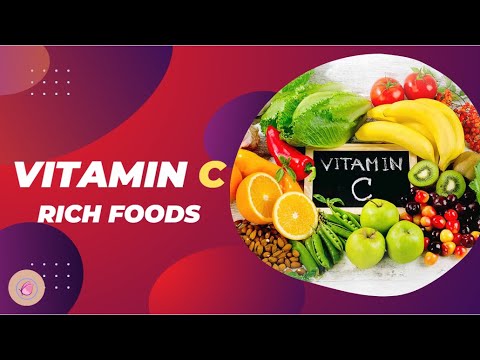Robby Soave and Jessica Burbank react to the debate between RFK Jr. and Piers Morgan over vaccines. #covid #health
According to the CDC, Some people have had concerns that ASD might be linked to the vaccines children receive, but studies have shown that there is no link between receiving vaccines and developing ASD. The National Academy of Medicine, formerly known as Institute of Medicine, reviewed the safety of 8 vaccines to children and adults. The review found that with rare exceptions, these vaccines are very safe.
According to the CDC, all COVID-19 vaccines currently available in the United States are effective at preventing COVID-19. Getting sick with COVID-19 can offer some protection from future illness, sometimes called “natural immunity,” but the level of protection people get from having COVID-19 may vary depending on how mild or severe their illness was, the time since their infection, and their age.
Getting a COVID-19 vaccination is also a safer way to build protection than getting sick with COVID-19. COVID-19 vaccination helps protect you by creating an antibody response without you having to experience sickness. Getting vaccinated yourself may also protect people around you, particularly people at increased risk for severe illness from COVID-19. Getting sick with COVID-19 can cause severe illness or death, and we can’t reliably predict who will have mild or severe illness. If you get sick, you can spread COVID-19 to others. You can also continue to have long-term health issues after COVID-19 infection.
While COVID-19 vaccines are effective, studies have shown some declines in vaccine effectiveness against infections over time, especially when the Delta variant was circulating widely.
The mRNA vaccines do not contain any live virus. Instead, they work by teaching our cells to make a harmless piece of a “spike protein,” which is found on the surface of the virus that causes COVID-19. After making the protein piece, cells display it on their surface. Our immune system then recognizes that it does not belong there and responds to get rid of it. When an immune response begins, antibodies are produced, creating the same response that happens in a natural infection.
In contrast to mRNA vaccines, many other vaccines use a piece of, or weakened version of, the germ that the vaccine protects against. This is how the measles and flu vaccines work. When a weakened or small part of the virus is introduced to your body, you make antibodies to help protect against future infection.
According to the CDC mRNA vaccines do not contain any live virus. Instead, they work by teaching our cells to make a harmless piece of a “spike protein,” which is found on the surface of the virus that causes COVID-19. After making the protein piece, cells display it on their surface. Our immune system then recognizes that it does not belong there and responds to get rid of it. When an immune response begins, antibodies are produced, creating the same response that happens in a natural infection.
In contrast to mRNA vaccines, many other vaccines use a piece of, or weakened version of, the germ that the vaccine protects against. This is how the measles and flu vaccines work. When a weakened or small part of the virus is introduced to your body, you make antibodies to help protect against future infection.
Both messenger RNA (mRNA) and viral vector COVID-19 vaccines work by delivering instructions (genetic material) to our cells to start building protection against the virus that causes COVID-19.
After the body produces an immune response, it discards all the vaccine ingredients just as it would discard any information that cells no longer need. This process is a part of normal body functioning.
According to the CDC all COVID-19 vaccines currently available in the United States are effective at preventing COVID-19. Getting sick with COVID-19 can offer some protection from future illness, sometimes called “natural immunity,” but the level of protection people get from having COVID-19 may vary depending on how mild or severe their illness was, the time since their infection, and their age.
Getting a COVID-19 vaccination is also a safer way to build protection than getting sick with COVID-19. COVID-19 vaccination helps protect you by creating an antibody response without you having to experience sickness. Getting vaccinated yourself may also protect people around you, particularly people at increased risk for severe illness from COVID-19. Getting sick with COVID-19 can cause severe illness or death, and we can’t reliably predict who will have mild or severe illness. If you get sick, you can spread COVID-19 to others. You can also continue to have long-term health issues after COVID-19 infection.
While COVID-19 vaccines are effective, studies have shown some declines in vaccine effectiveness against infections over time, especially when the Delta variant was circulating widely.






